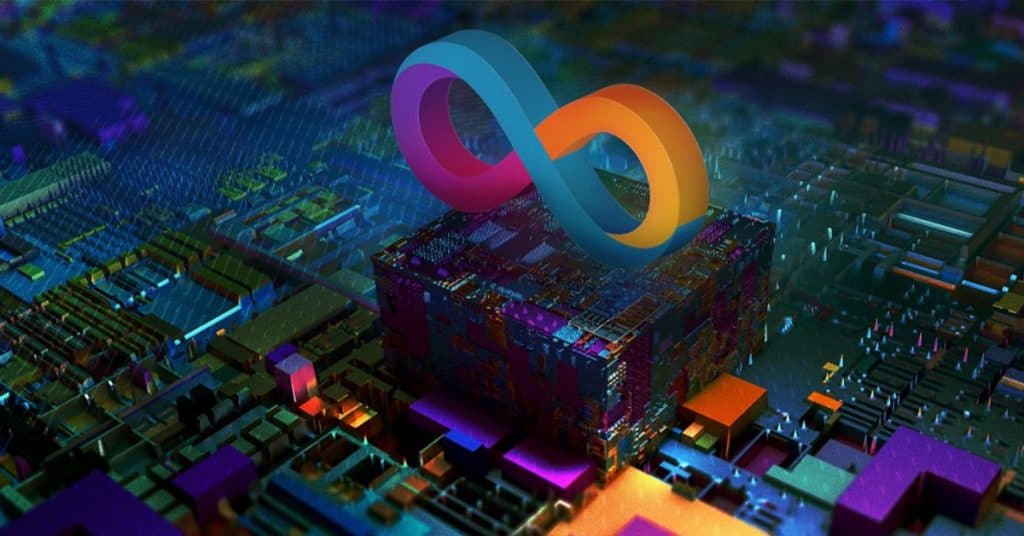What is Internet Computer? | Why is ICP Token Failing?

Internet Computer is one of the largest undertakings of any cryptocurrency project, for the simple reason that its goal is to replace a highly centralized and controlled global network of internet-providing infrastructure. With the ever-increasing amount of data collection being taken from users of the internet, this seems like a great idea to help put the power of information back into the hands of its actual users.
Through the development of this web-serving public Smart Contract blockchain network “NOT built on Ethereum”, the expansion (or) lack of Internet Computer has been an interesting thing to watch over the past couple of years. Starting its development journey in 2017, the Internet Computer has had no shortage of financial backing with fundraising for the project going as far back as 2014. But, It wasn’t until May 2020 when the Proof of Stake ICP Token was created and catapulted into the Top 10 cryptocurrencies. While only a brief moment in the sun, it was enough to get everyone asking “What is an Internet Computer?”. It’s been a little over a year now and what the majority of people like myself who are researching the project quickly find can be a serious cause for concern.
Internet Computer boasts the ability to be a self-governing, self-containing ecosystem that can scale with the capacity of a growing user base. Through the use of specialized data centers, Internet Computer helps to create extra layers between the users and their Internet Providers. This new way of thinking about how we use the Internet effectively combines the way it already works into an even more centralized point of control.

Responses